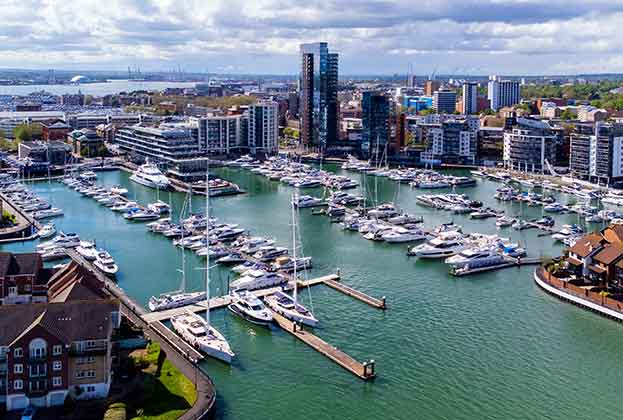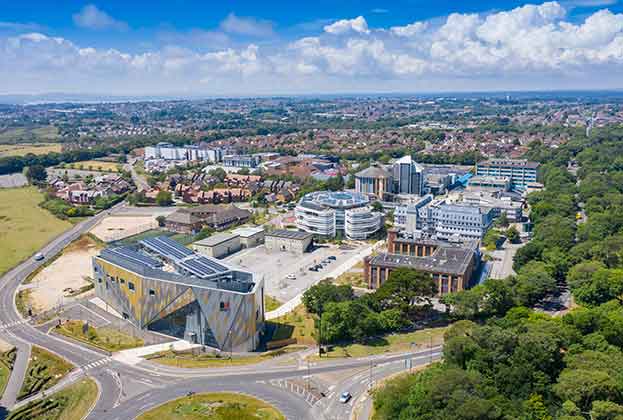This time last year, it’s safe to say, the UK was facing very different challenges to now. In April 2019 Extinction Rebellion and its pink boat dominated the headlines. Fast forward 12 months and the climate crisis has been replaced by the rapid spread of Covid-19.
While all efforts must rightly focus on fighting the pandemic, issues like climate change have not disappeared in the meantime. The effect of quarantine across the globe has, in fact, had a positive short-term impact on the planet, revolutionising the way many of us live and work.
Air pollution and greenhouse gas emissions have both reduced and, according to NASA, nitrogen dioxide levels across eastern and central China during its lockdown were 10 to 30 per cent lower than normal. The same could be said for water quality. In Venice, for instance, wildlife is visible in its canals for the first time in decades.
Although seemingly positive news in what is undoubtedly a dark time, we can’t make sweeping assumptions about what the lasting effects might be. Once restrictions are lifted, the catastrophic economic impact of Covid-19 may well lead to a no holds barred approach to recovery, most likely at the expense of sustainability.
It would be naïve to suggest that environmental recovery is maintainable. However, despite lockdown, businesses remain committed to tackling sustainability issues. In fact, the need for a positive legacy in the midst of the crisis has seen companies across all sectors put profit concerns aside and offer assistance to the NHS, other frontline workers and communities in need, providing everything from parking spaces to food banks.
On an individual level the pandemic has also made us look closely at our everyday choices with regards to how we travel, work, what we eat and what we buy, which all ultimately make a difference.
These times have been testing for everyone, but could potentially lead to long-term behavioral changes. For instance, food shortages due to supermarket stockpiling have seen people cut down on waste. While waste management has already risen up the agenda for many businesses, this could well be the catalyst for real change especially with zero landfill regulations on the horizon.
What’s more, the general focus on health and wellbeing during this time is likely to inform our choices moving forward. Daily exercise and the emphasis placed on going outside could see office design change in the future to facilitate what has become a vital release for many.
With nearly all non-essential employees now working from home, we’ve also seen a significant reduction in travel and an uptake in remote working technology. Now that we know this is a possibility, agile working is likely to become a permanent fixture for many and the need for business related travel will be scrutinised more than ever before, potentially having a positive long-term impact on the environment.
What’s clear is that the repercussions of Covid-19 are likely to be brutal and long lasting, so it’s essential we focus on even the smallest of positives. If nothing else, the pandemic has given people the tools to move towards a more sustainable future and debunked the long-standing climate change myth that individual actions don’t matter.
Further information
Real Estates Insights Podcast – climate change: what does this mean for the property sector?
.jpg)
.jpg)
(2).jpg)
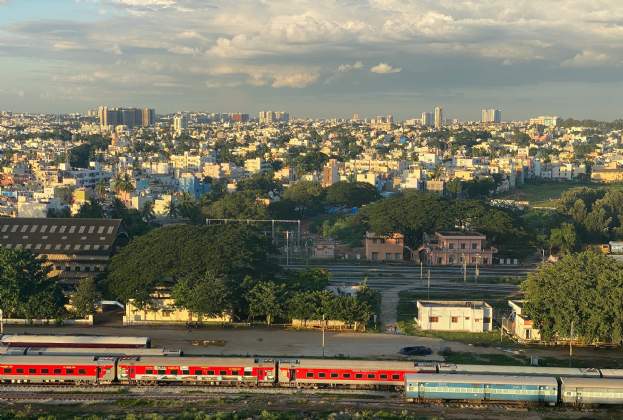
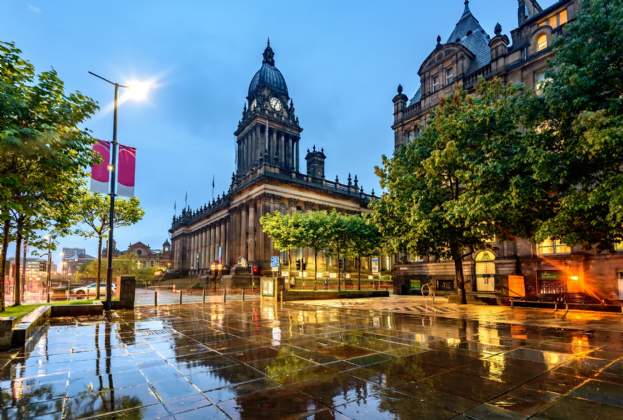

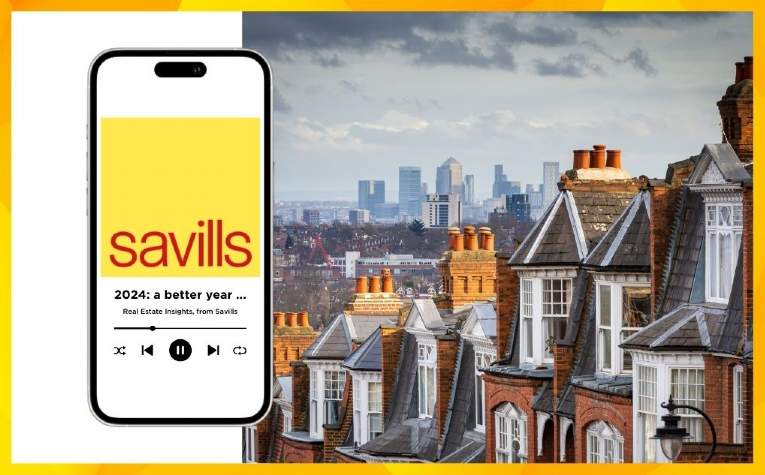

.jpg)
